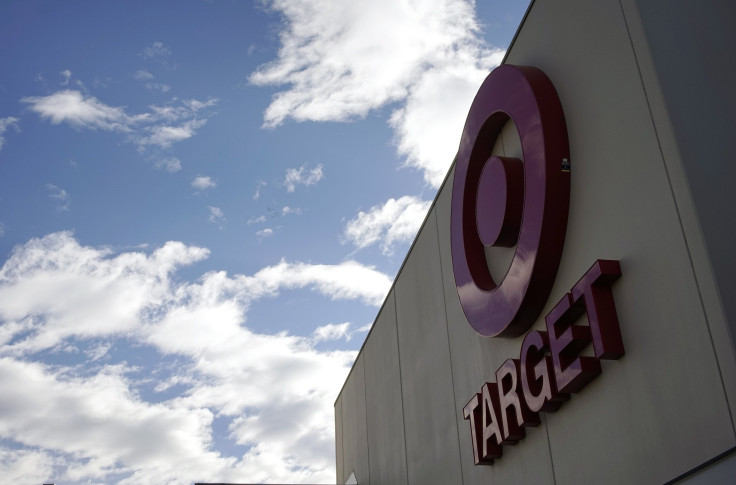UPS, Target, Supervalu And 1,000 American Businesses Affected By Cash Register Cyberattacks

More businesses and credit cards have reportedly been affected by the cyberattack that hit Target (NYSE:TGT) cash register systems during the 2013 winter holiday shopping season. Citing a Department of Homeland Security advisory, the New York Times reported on Friday that more than 1,000 American businesses were affected by the attack, leaving more credit card data exposed to hackers.
The DHS along with the Secret Service warned businesses on July 31 that a piece of malware or malicious software could be hiding in their cash register systems. Criminal hackers reportedly were able to gain access to corporate networks and install the malware in store cash register systems.
Once installed, the malware -- dubbed “Backoff” by security experts -- enables criminal hackers to gather credit card data off the cash register systems and networks and send it off to foreign servers.
The malware is difficult to detect unless companies are specifically looking for the software.
The Department of Homeland Security advised companies to contact their respective antivirus and cash register vendors to see if they have been affected by the security breach.
While names of affected businesses have not been released, the advisory comes two days after Atlanta-based United Parcel Service Inc. (NYSE:UPS) alerted customers that hundreds of its stores experienced a data breach sometime between January and August. The shipping company reported that IT systems discovered previously unidentified malware within its systems. Supermarket chain Supervalu Inc. (NYSE:SVU) also reported a similar data breach at 200 of its grocery and liquor stores throughout the U.S., the Wall Street Journal reported on Aug. 15.
© Copyright IBTimes 2024. All rights reserved.












